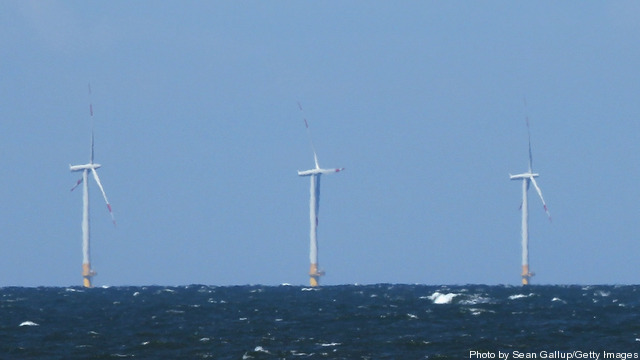
The key to broader penetration of solar energy depends on access to capital markets and innovative financial structures that can reduce the cost of capital for project finance as well as increase the investor base beyond the traditional tax-equity driven investors. There is a strong case for the DOE to establish the Advancd Research Project Agency-Capital (ARPA-C) that will function to support the broader adoption and commercialization of renewable energy through mechanisms, including credit enhancment and direct equity investments for capital market project aggregation warehouse facilities and securitization transactions.
While ARPA-E has been successful for the deveopment of new renewable technologies, the renewable sector can benefit from the expansion of ARPA-E to include capital to catalyze the breakthroughs for financial innovations. ARPA-C innovations can help bridge the funding gap that challenges renewable energy growth by providing structural support for renewable energy projects to develop capital markets solutions. Capital Markets structures can help reduce the total installed cost of solar electricity significantly – and combined with other DOE initiatives could help make solar power cost-competitive without additional subsidies. The Obama adminstration outlined in the March 20, 2011 publication “Blueprint for a secure energy future”, three major goals : Keep reading →










